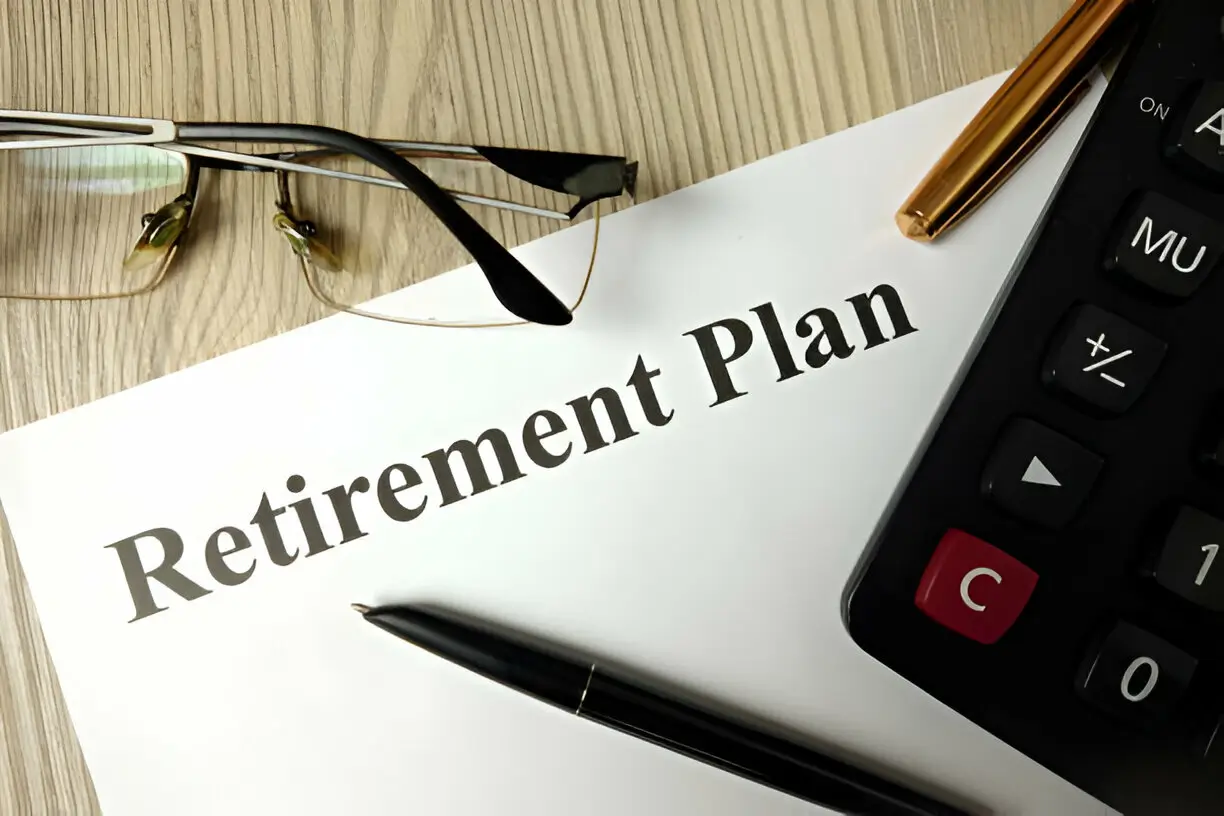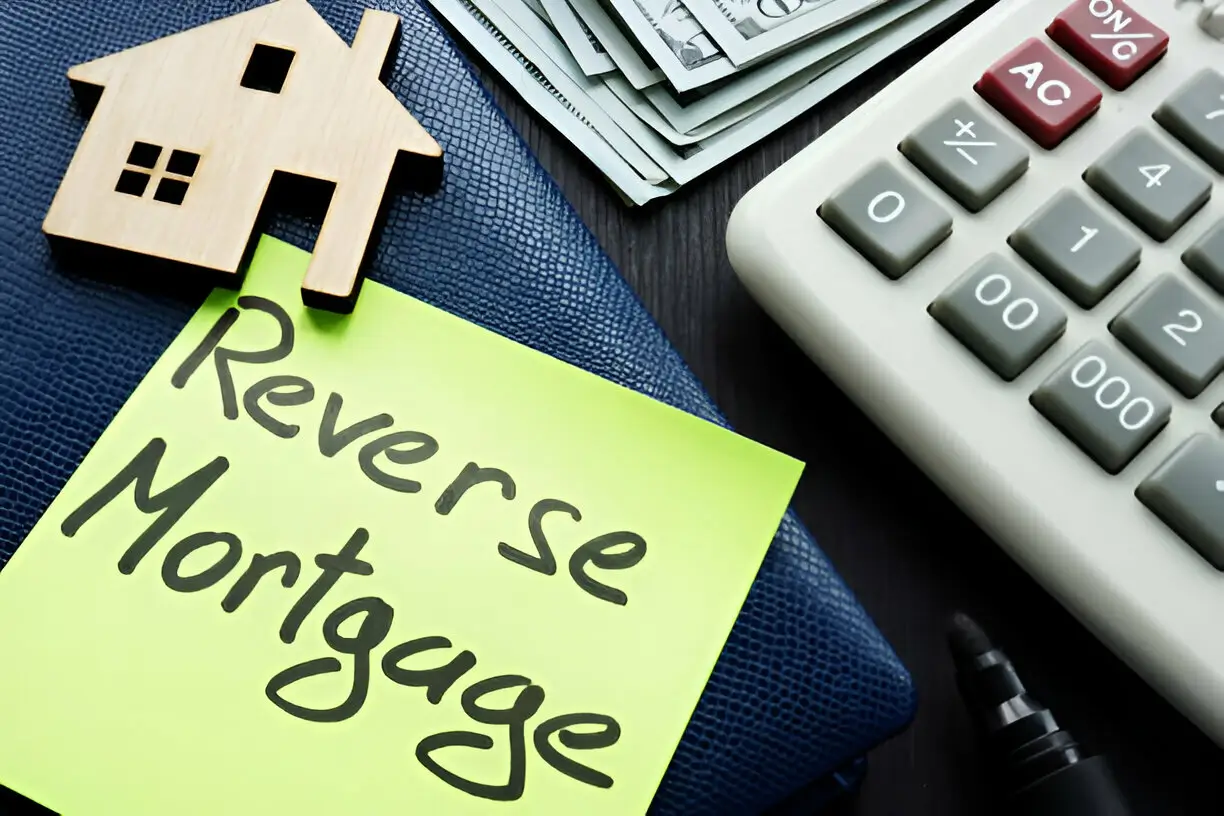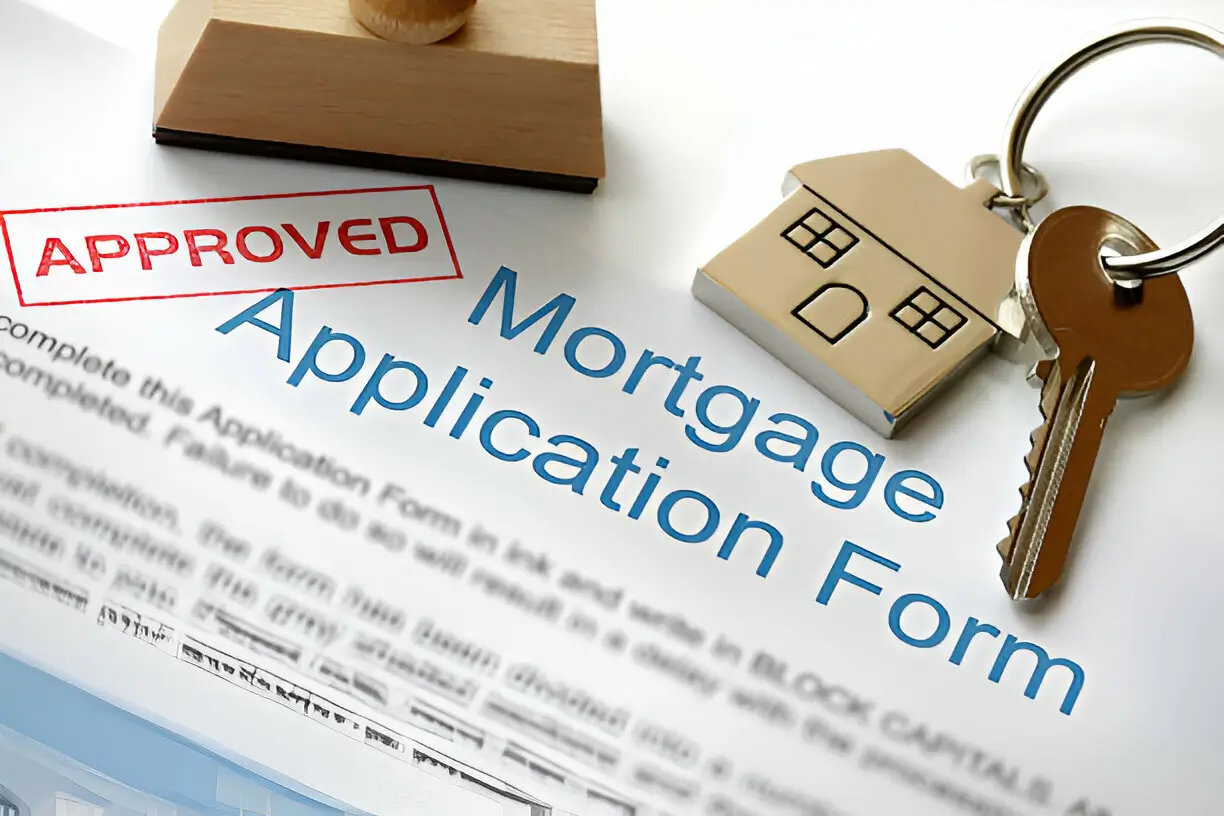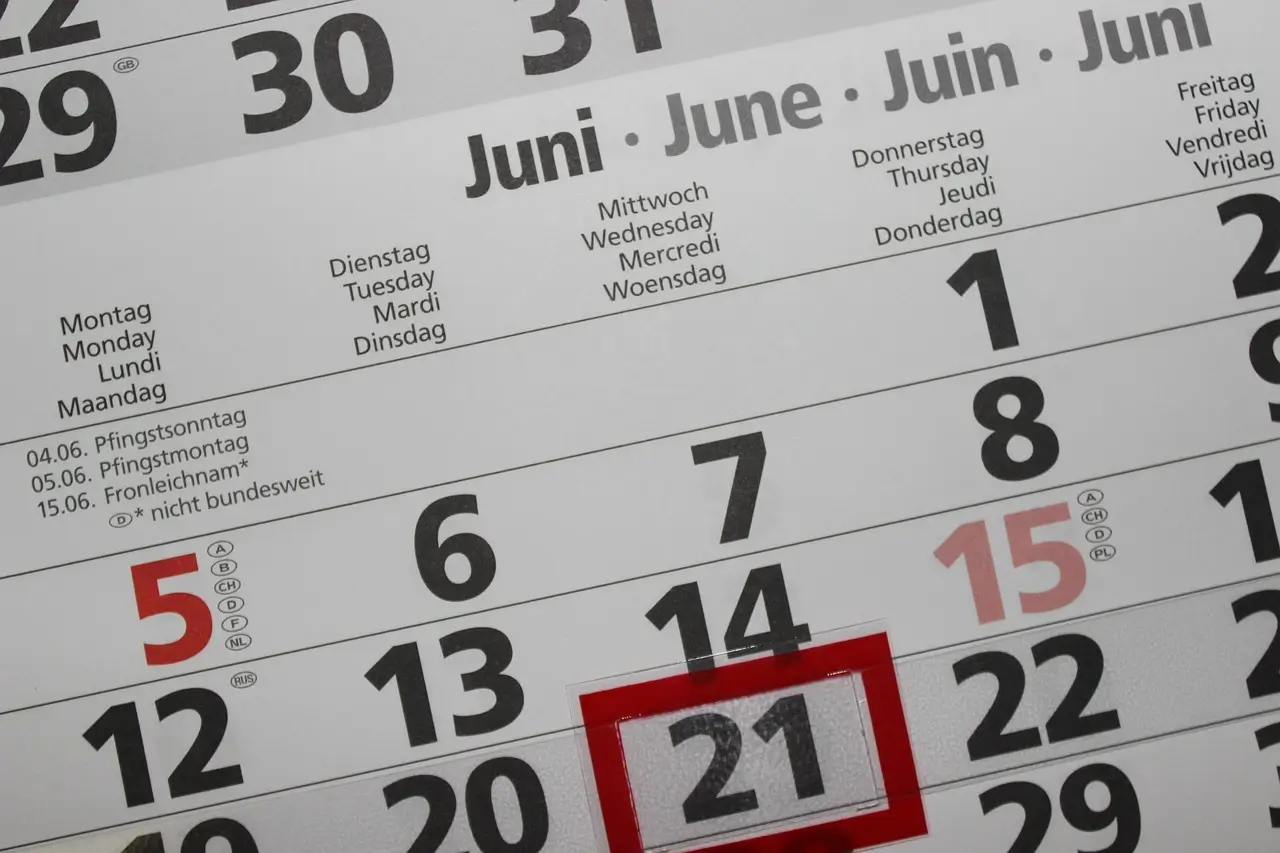Buying a home is an exciting milestone, but are you prepared for the hidden costs that come with it? Beyond the purchase price, there are numerous expenses that can catch you off guard. In this guide, we’ll uncover these hidden costs and help you budget effectively. Ready to dive into the real cost of homeownership? Keep reading to make sure you’re fully prepared for every financial aspect of buying your dream home.
The Hidden Costs of Buying a Home
Buying a home is often considered one of life’s most significant financial milestones. However, the purchase price is just the tip of the iceberg. Numerous hidden costs can surprise first-time buyers and even seasoned homeowners. Understanding these expenses is crucial for effective financial planning and avoiding unexpected financial strain.
Closing Costs
What Are Closing Costs?
Closing costs are fees paid at the end of a real estate transaction when the title of the property is transferred from the seller to the buyer. These costs can include a variety of fees, such as loan origination fees, title insurance, and appraisal fees.
Common Closing Costs
- Loan Origination Fees: Fees charged by the lender for processing the loan.
- Title Insurance: Protects the buyer and lender from any disputes over the property title.
- Appraisal Fees: Costs for a professional appraiser to determine the value of the property.
- Home Inspection Fees: Pays for a professional to inspect the home for any issues.
- Attorney Fees: Covers the cost of legal services related to the home purchase.
How to Budget for Closing Costs
Closing costs typically range from 2% to 5% of the home’s purchase price. It’s essential to factor these costs into your budget early in the home-buying process. Request a detailed estimate from your lender to avoid any surprises.
Moving Expenses
Moving Company Fees
Hiring professional movers can be costly, especially for long-distance moves. The cost will depend on the distance, the volume of belongings, and additional services such as packing and unpacking.
DIY Moving Costs
If you decide to move yourself, consider the costs of renting a moving truck, purchasing packing supplies, and the time and effort required to move your belongings.
Additional Moving Costs
- Temporary Storage: If there’s a gap between moving out of your old home and into your new one.
- Insurance: Protects your belongings during the move.
- Utility Setup Fees: Costs to set up or transfer utilities like electricity, water, and internet.
Homeowners Insurance
Importance of Homeowners Insurance
Homeowners insurance is crucial for protecting your investment against risks like fire, theft, and natural disasters. Lenders typically require proof of insurance before closing on a home.
Cost of Homeowners Insurance
The cost of homeowners insurance varies based on the value of your home, location, and the coverage level you choose. On average, homeowners insurance costs between $1,000 and $3,000 per year.
Tips for Reducing Insurance Costs
- Shop Around: Compare quotes from different insurance providers.
- Bundle Policies: Consider bundling your home and auto insurance with the same provider for discounts.
- Increase Deductibles: Opt for a higher deductible to lower your premium.
Property Taxes
Understanding Property Taxes
Property taxes are levied by local governments based on the assessed value of your home. These taxes fund local services such as schools, roads, and emergency services.
How Property Taxes Are Calculated
Property taxes are calculated by multiplying the assessed value of your property by the local tax rate. The tax rate can vary significantly depending on your location.
Budgeting for Property Taxes
Property taxes can be a significant ongoing expense. It’s essential to include them in your annual budget. Keep in mind that property taxes can increase over time as the assessed value of your home rises.
Home Maintenance and Repairs
Routine Maintenance Costs
Regular maintenance is crucial for keeping your home in good condition. Routine tasks include lawn care, HVAC servicing, and gutter cleaning. These costs can add up quickly and should be factored into your budget.
Unexpected Repair Costs
Unexpected repairs can be one of the most significant hidden costs of homeownership. From a leaky roof to a broken furnace, these expenses can be substantial. It’s advisable to set aside 1% to 3% of your home’s value annually for maintenance and repairs.
Planning for Major Upgrades
Major upgrades, such as a kitchen remodel or new roof, can be expensive. Planning and saving for these projects in advance can help manage these costs without financial strain.
Utilities and Ongoing Bills
Utility Costs
Utilities such as electricity, water, gas, and internet are ongoing expenses that can vary based on your home’s size, location, and usage. It’s essential to budget for these monthly costs.
Additional Ongoing Bills
- Homeowners Association (HOA) Fees: If you live in a community with an HOA, you’ll have monthly or annual fees for community maintenance and amenities.
- Pest Control: Regular pest control services can prevent infestations and costly damages.
- Security System Fees: Costs for installing and monitoring a home security system.
Conclusion
Buying a home involves more than just the purchase price. Understanding and planning for hidden costs such as closing costs, moving expenses, homeowners insurance, property taxes, maintenance, and utilities is crucial for financial stability. By budgeting for these expenses and preparing for unexpected costs, you can enjoy the benefits of homeownership without financial surprises.
FAQs
What are the common hidden costs of buying a home?
Common hidden costs include closing costs, moving expenses, homeowners insurance, property taxes, home maintenance and repairs, and utilities.
How can I budget for closing costs?
Closing costs typically range from 2% to 5% of the home’s purchase price. Request a detailed estimate from your lender and include these costs in your budget early in the home-buying process.
What should I consider when budgeting for home maintenance?
Set aside 1% to 3% of your home’s value annually for routine maintenance and unexpected repairs. Regular maintenance tasks include lawn care, HVAC servicing, and gutter cleaning.
How do property taxes impact my home-buying budget?
Property taxes are based on the assessed value of your home and the local tax rate. Include property taxes in your annual budget and be aware that they can increase over time.
What ongoing bills should I plan for as a homeowner?
Plan for ongoing bills such as utilities (electricity, water, gas, internet), homeowners association (HOA) fees, pest control, and home security system fees.
How can I reduce my homeowners insurance costs?
Shop around for insurance quotes, consider bundling home and auto policies, and opt for a higher deductible to lower your premium.






